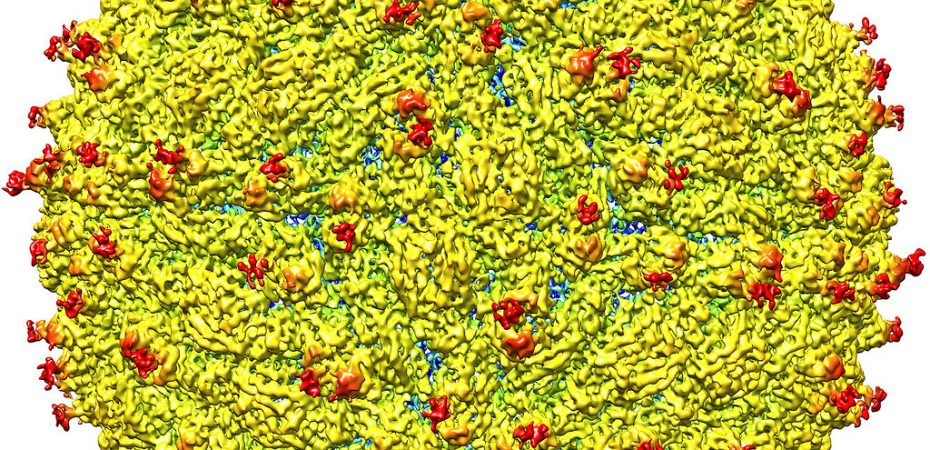Maja Ramljak, Ottawa ON – A recent paper published by Figueiredo et al. of September this year studied the neurotropic arbovirus known as Zika Virus in adult human brain tissue and in mouse brain tissue. Zika virus has traditionally been known to be associated with microcephaly, a birth defect in which an infant’s head is much smaller in size than average. However in recent years, cases of Zika infection in adults have also been reported. The consequences of Zika infection are not limited to pregnant mothers and their fetuses – as what may have been previously thought.
Zika-induced neurological disorders in adults include Guillan-Barré syndrome, acute myelitis, encephalitis, and sensory polyneuropathy. The paper’s research objective was to investigate the underlying mechanisms and associated neurological complications of the central nervous system in adult patients infected with Zika.
Healthy cortical tissue was obtained from epileptic patients and subsequently exposed to the virus. It was found that the Zika virus was able to successfully replicate in the human tissue. Fluorescence microscopy was used to determine that the virus was also targeting neurons, specifically.
Follow-up mice studies found that the Zika virus infects neurons in mature mouse brains as well. Areas with the highest viral load were the hippocampus, frontal cortex, and striatum – possible indications of preferential targeting of specific brain regions. Furthermore, Zika resulted in synaptic and memory dysfunction in the infected mice, as well as brain inflammation.
The authors note that their research has identified a possible mechanism of the neurological complications in Zika-infected human adults. Their research may pave the way for future intervention and treatment strategies.
You can read more about the paper here.
